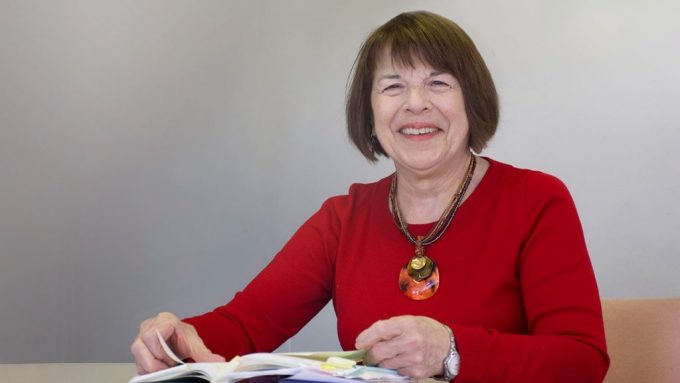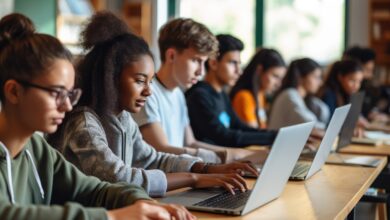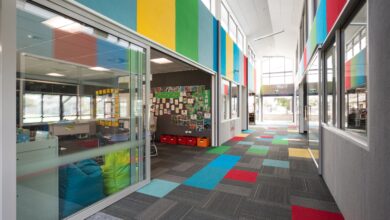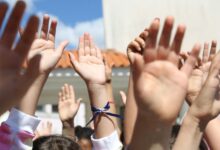Op-Ed: Out of the mouths of babes

How can we create a more level educational playing field for children in Aotearoa New Zealand whose home language is not English?
In a world first, a group of national and international researchers, gathered by Professor Janet Gaffney at the University of Auckland, has begun a collaboration they hope will add significant research to the crucial area of early oral literacy.
“Our babies begin making sense of the world by interacting with their whānau from even before birth,” says Professor Gaffney, “through expressions and gestures, and communication in Te Reo Māori, Pasifika and languages other than English. We speak 160 different languages in New Zealand and yet we still privilege the mastery of English above all others as a predicter of educational success.”
She says that as we know 80 percent of brain development occurs before the age of three, if we can find the best ways of supporting and promoting the first languages of children’s families, we will be valuing the knowledge children already have, rather than focusing on what they lack, and seeing it as problem and a deficiency.
“Enhancing children’s opportunities to learn through quality talk with adults in families and early childhood centres is a worldwide, high-need societal issue. We will build on New Zealand’s rich history of early childhood research to shine a ‘laser-like’ focus on how we can do this better.”
Professor Gaffney is the director of The Marie Clay Research Centre at the Faculty of Education and Social Work, and says leading New Zealand educator Dame Marie Clay (1926-2007) is an inspiration, for her personally, and for researchers who work with young children and families in Aotearoa New Zealand, and worldwide.
“Marie Clay’s theoretical and research contributions in child development and children’s oral language and literacy extend beyond Reading Recovery into learning in whānau, early childhood education and primary grades,” she says.
“Enhancing children’s opportunities to learn through quality talk with adults in families and early childhood centres is a worldwide, high-need societal issue.”
“From this tiny country in the South Pacific, she hugely influenced early learning and teaching, and what was considered possible for young children. If Aotearoa could change the trajectory of policies to optimise opportunities for learning then, we can do it now.”
Professor Gaffney is delighted to be collaborating on this two-year project with experts in the field from Canada and Australia and the Universities of Victoria and Waikato; as well as colleagues from her own Faculty at the University.
The team brings together early childhood, Māori and Pacifika, and literacy researchers with partners in early childcare centres, the community and families. Having recently met for a four-day inaugural research forum in Auckland, the next milestone will be a conference in San Francisco, where the group will be submitting papers focused on their particular areas of expertise.
These will include: the historical, political and pedagogical context of their work; the primacy of Te Reo Māori in Aotearoa; strength-based approaches to families as first teachers; negotiating family pedagogies in teacher education, and reciprocity in parenting approaches to nurture children’s oral language.
“Our research group is focused on imagining possible worlds with young children, families, and teachers to sustain languages and learning in families,” says Professor Gaffney.
Growing a Networked Research Community around the Heritage Languages of Young Children and Families of Aotearoa New Zealand has been made possible by funding from Royal Society of New Zealand Catalyst Seeding.









